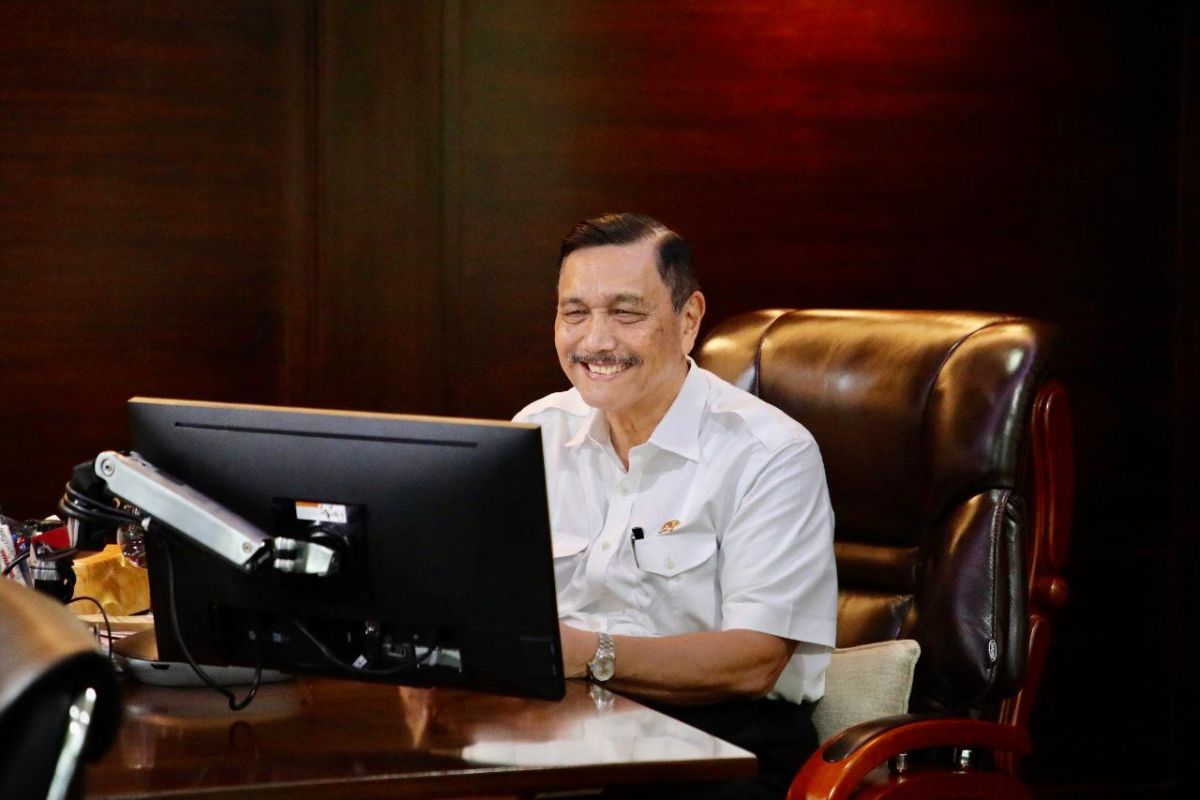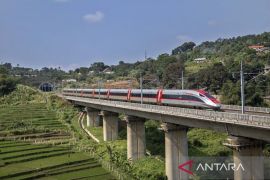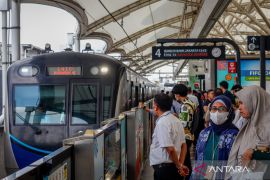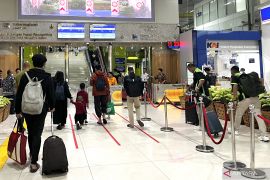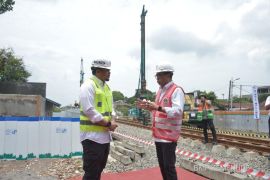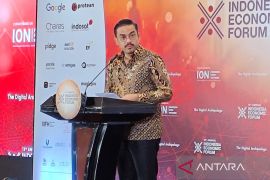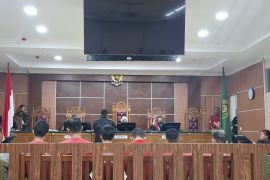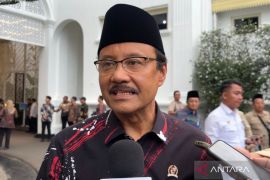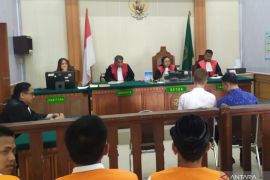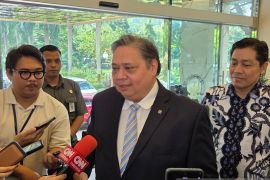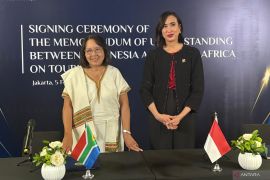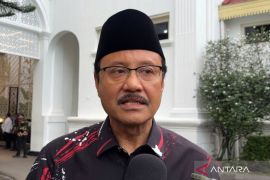The value is equivalent to four percent of the regional gross domestic product (PDRB) of Jabodetabek (the Greater Jakarta areas covering Jakarta, Bogor, Depok, Tangerang, and Bekasi)Jakarta (ANTARA) - Coordinating Minister for Maritime Affairs and Investment Luhut Binsar Pandjaitan believes Indonesia might be able to save nearly Rp100 trillion annually by developing a train-based mass transportation system.
Of the figure, Rp40 trillion will be saved from the operating costs of motor vehicles and Rp60 trillion from the travel time, Pandjaitan stated during a webinar on Land Transportation to Knit Indonesia's Diversity here on Wednesday.
"The value is equivalent to four percent of the regional gross domestic product (PDRB) of Jabodetabek (the Greater Jakarta areas covering Jakarta, Bogor, Depok, Tangerang, and Bekasi)," he stated.
The minister believes that the use of the mass transportation means will also result in a significant reduction in traffic congestion.
According to commuter line operator PT KAI Commuterline Indonesia (PT KCI), the number of commuter line passengers in Greater Jakarta had reached 336 million last year.
Land transportation has been instrumental in contributing considerably to the national economy. The Indonesian government is strongly committed to developing land transportation infrastructures, not only in Java but also in the rest of the country, he stated.
The government's commitment to developing a land transportation system across Indonesia is apparent from the construction of toll roads in Sulawesi, Kalimantan, Sumatra, and Bali as well as the planned development of train lines in Kalimantan, Sulawesi, and Bali, he remarked.
Quoting the results of a study conducted by the Institute for Economic and Social Research of the Economics School of University of Indonesia (LPEM FE UI), Pandjaitan explained that every one-percent hike in the construction of roads will raise economic growth by 8.8 percent.
Hence, the government has deemed it necessary to develop road infrastructures through public and private investment under a government and business entity partnership (KPBU) scheme, he stated.
"In addition, road connectivity, including through toll roads, serves as an essential component to drive economic transformation to the manufacturing and service sectors," he remarked.
Pandjaitan further highlighted the need for the government to focus on river, lake, and ferry transportation that also play a vital role as one of the connectivity factors.
Related news: Greater Jakarta area to have integrated mass transport system
Related news: President Jokowi to encourage development of mass transport system
Translator: Ade irma Junida/Suharto
Editor: Rahmad Nasution
Copyright © ANTARA 2020
